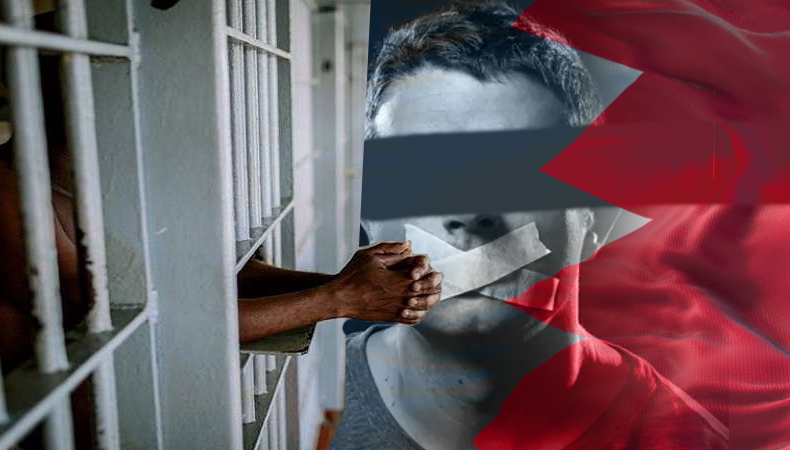Bahrain Political Prisoners Extend Hunger Strike, Reject Government Concessions

Political detainees on hunger strike in Bahrain have decided to continue their protest despite official concessions, signaling one of the most significant challenges to the Saudi-supported ruling family in years.
Since Saudi Arabian soldiers intervened to put down the “Arab Spring” movement led by the primarily Shi’ite opposition in 2011, the Al Khalifa family, which is composed primarily of Sunni Muslims, has tightened its control over dissent. The current hunger strike is the biggest coordinated protest against the government in recent memory.
Bahrain’s Sunni-majority neighbour Historically, Saudi Arabia has kept a close eye on political upheaval in Bahrain, where the Al Khalifa rulers rule over a majority of Shi’ites. Iran, a rival Shi’ite nation, has previously been charged by Saudi Arabia with inciting unrest in the area.
More than 800 prisoners in Bahrain’s Jau jail are reportedly on a hunger strike, according to rights organizations and the families of detainees. They claim that difficult living conditions are the main cause of their protest, and they have rejected any thus far made by the administration.
The Bahrain Institute for Rights and Democracy’s advocacy director, Sayed Alwadaei, emphasized the importance of the detainees’ demands. Some of these include removing some prisoners from their isolation, extending daily outside time, allowing group prayers, modifying visitor policies, and enhancing access to healthcare and education.
Keep Reading
In response to the hunger strike, the Bahraini Interior Ministry announced initiatives to increase the length of family visits, double the daily outdoor time to two hours, and evaluate phone call rates. Prisoners are still dissatisfied, though.
The General Directorate of Reform and Rehabilitation (GDRR) claims that there are currently 121 inmates on hunger strike and that there have never been more than 124. The government disputes the number. Bahraini officials say that they uphold international law when punishing offenders and that their actions are intended to protect national security.
Bahrain stands out from other Gulf monarchies due to its history of upheaval during the Arab Spring demonstrations. Since then, the government has liquidated significant opposition organizations, prosecuted thousands of people, and stripped the nationalities of hundreds of people in large-scale trials. Many activists were compelled to look for asylum overseas.







